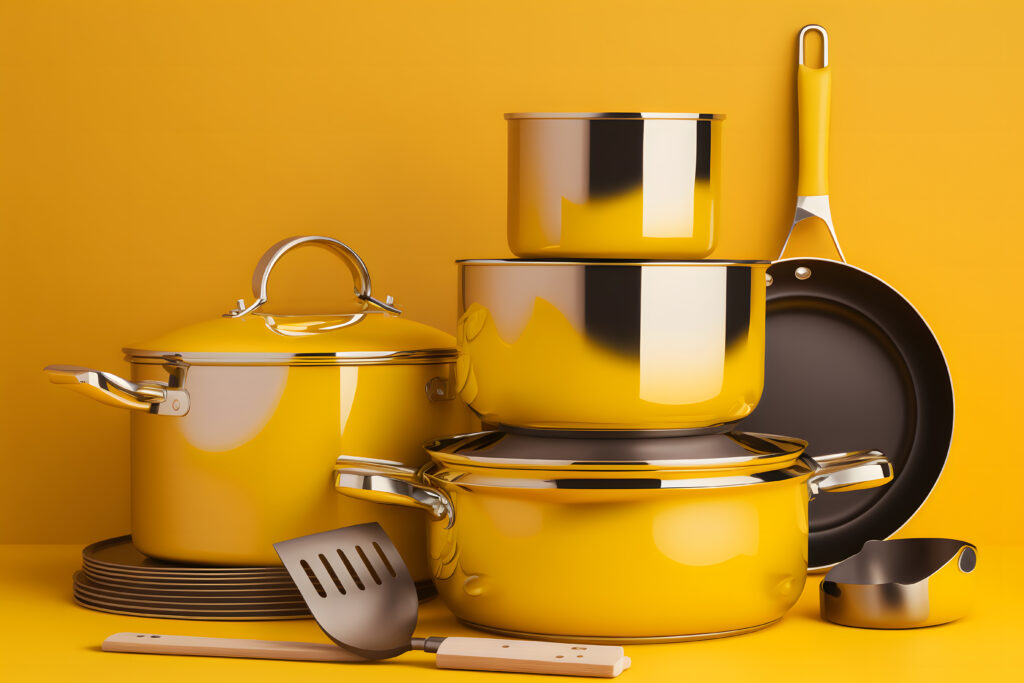
The right cookware can elevate your cooking, ensuring even heat distribution, optimal flavour, and a delightful dining experience. Chef Abdul shares a comprehensive guide to help you select the perfect cookware for every dish, whether searing, sautéing, roasting, or baking.
Key Factors to Consider When Choosing Cookware
Cookware Materials and Their Uses
Cookware for Specific Dishes
Maintenance and Care Tips for Cookware
Stainless Steel
Cast Iron
Non-Stick
Copper
Enamelled Cookware
Chef Abdul’s Essential Cookware Collection
Choosing the right cookware for your dishes improves your cooking results and enhances your overall experience in the kitchen. With Chef Abdul’s guide, you can handle any recipe confidently and with flair.
Chef Abdul © Copyright 2024. All rights reserved.